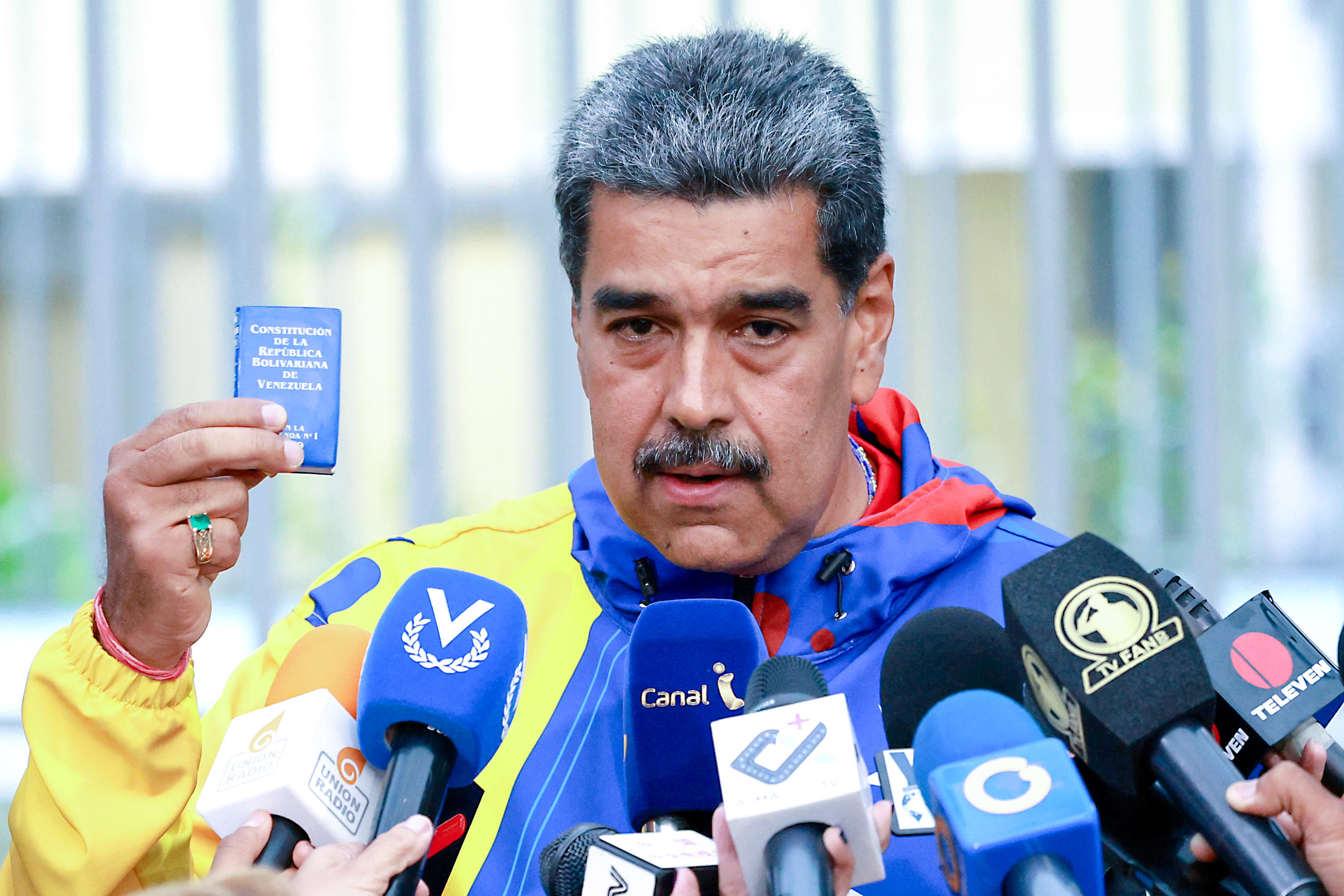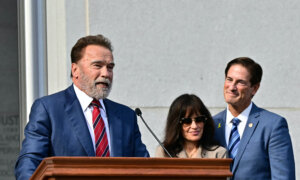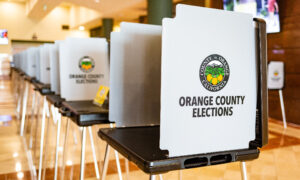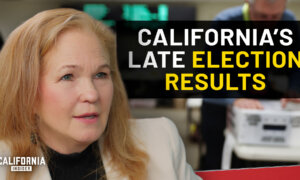The United States seized the plane used by Venezuelan socialist leader Nicolás Maduro after determining that its purchase violated U.S. sanctions, the Department of Justice (DOJ) stated on Sept. 2.
A Dassault Falcon 900EX aircraft was seized in the Dominican Republic and taken to federal authorities in Florida, according to a statement issued by the DOJ. The aircraft’s purchase circumvented U.S. sanctions because it was bought through a shell company and smuggled out of the United States, according to the statement.
“This morning, the Justice Department seized an aircraft we allege was illegally purchased for $13 million through a shell company and smuggled out of the United States for use by Nicolás Maduro and his cronies,” Attorney General Merrick Garland said in a statement.
The seizure is designed to target individuals “who violate our sanctions and export controls to prevent them from using American resources to undermine the national security of the United States,” Garland said.
Since May 2023, the jet has been flown to and from a Venezuelan military base and “used for the benefit of Maduro” and other officials, according to the DOJ. The plane was used to transport the Venezuelan leader to other countries.
The Venezuelan Embassy in Washington did not respond by publication time to a request by The Epoch Times for comment. Maduro also has not issued a public statement on the matter.
A Trump-era executive order was used by U.S. officials to seize the plane, according to the DOJ, which blocks U.S. citizens from engaging in transactions with individuals who act directly or indirectly with the government of Venezuela or Maduro’s regime.
“Let this seizure send a clear message: aircraft illegally acquired from the United States for the benefit of sanctioned Venezuelan officials cannot just fly off into the sunset,” Matthew Axelrod, assistant secretary for export enforcement in the Commerce Department, said in the statement.
The move marks an escalation in tensions between the United States and Venezuela since the country’s July election, which the Department of State later stated was essentially a sham. Opposition leaders and protesters have claimed election fraud, prompting a suppression campaign that lasted throughout August.
The State Department noted that the declaration of Maduro’s victory “came with no supporting evidence” and that it also found “overwhelming evidence ... that Edmundo González Urrutia won the most votes in Venezuela’s July 28 presidential election.”
A month later, the department stated in an update that the Maduro regime has since “carried out wide-spread repression to maintain power” amid protests over the election results and allegations of fraud.
After the election, Maduro signed a measure that blocked access to social media platform X, formerly known as Twitter, for 10 days, alleging that misinformation was being spread about the election. Maduro has been critical of the platform’s owner, Elon Musk, who has criticized Maduro for being a dictator.
Since 2005, the United States has employed sanctions against Venezuelan individuals and companies that have engaged in criminal activity or human rights violations. Sanctions against Maduro and the country increased under the Trump administration, according to the Congressional Research Service.
In March 2020, the United States charged Maduro and other Venezuelan officials with drug trafficking, corruption, and other crimes. At the time, then-Attorney General Bill Barr said that Maduro and the other officials attempted to use the U.S. banking system “to move their illicit proceeds from South America” and were also behind the transportation of “tons of cocaine” into the United States.
Last month, State Department spokesperson Vedant Patel denied media reports that the United States extended an offer to Maduro of amnesty in exchange for relinquishing power peacefully.
“That is not true. We’ve not made any offers of amnesty to Maduro or others since this election,” Patel said on Aug. 12 in a press briefing. “We reject the increased violence, the unjust mass incarceration, and the repression directed at Venezuelans, including members of the democratic opposition.”
The State Department has been considering options about the possible peaceful transfer of power in Venezuela, according to Patel. However, that doesn’t include amnesty.
“The U.S. is considering a range of options to pressure Maduro to return Venezuela to a democratic path and will continue to do so, but the responsibility is on Maduro and Venezuela’s electoral authorities to come clean on the election results,” he said.
The DOJ did not return an Epoch Times request for comment by publication time.














